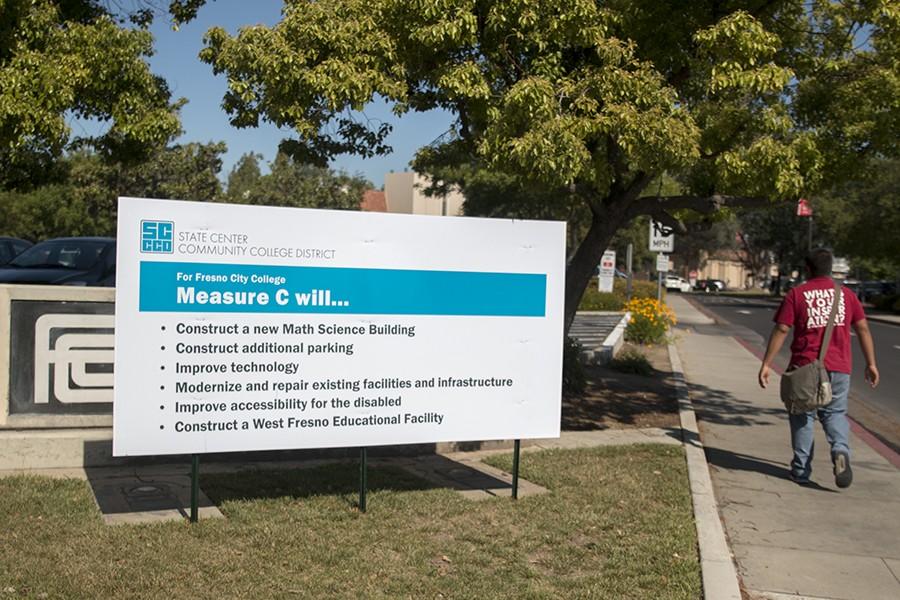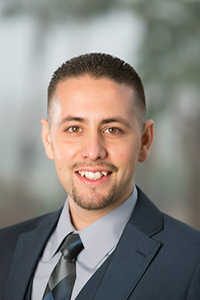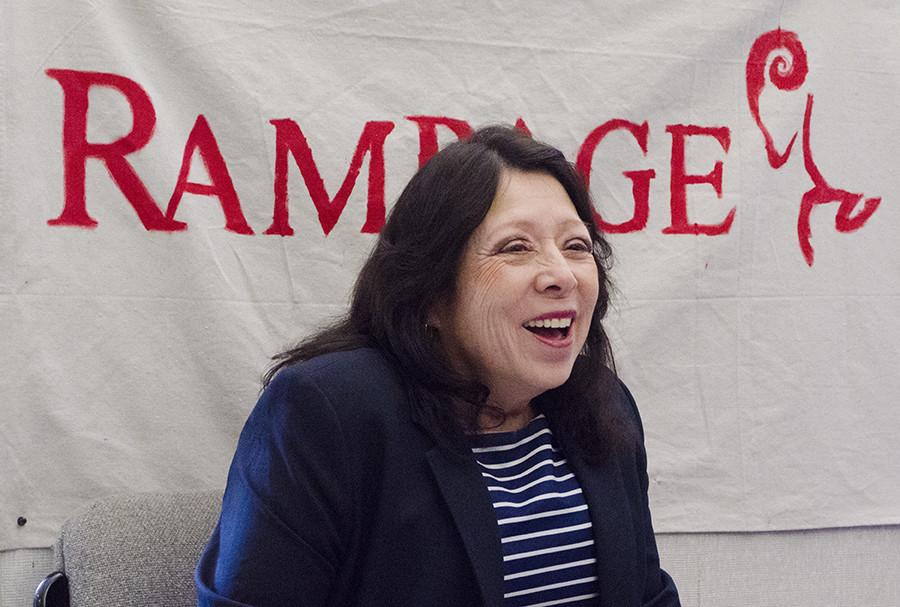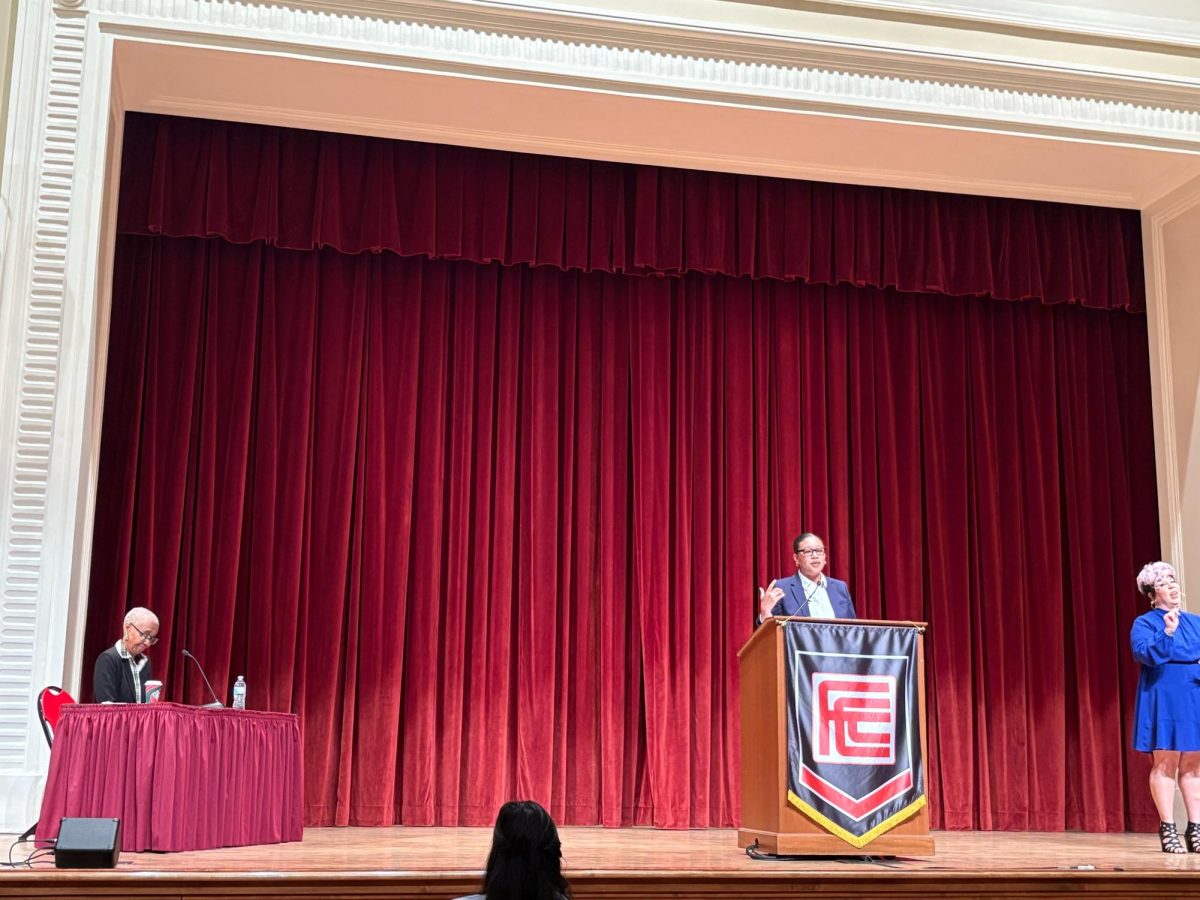The budget situation for the State Center Community College District can be described as tentative at best and Fresno City College is preparing for the worst-case scenario.
The budget is currently projected at $66.6 million, a $2.7 million reduction from the 2011-2012 academic year.
Cheryl Sullivan, vice president of Administrative Services and current accounting supervisor, said the college is “definitely not in a preferred position.”
“The state of California right now doesn’t have the money,” Sullivan said. “We’re in the same place that everybody else in the state is.”
Sullivan also said that the budget situation is affecting opportunities at FCC and impacting instructors, particularly “part-time adjuncts who no longer have positions as well.”
Lynn Campbell, a representative of the Academic Union, states that life for adjunct instructors is becoming more difficult due to the cuts. She added that it is the adjunct instructors that carry the campus.
“Many programs on campus are built on the shoulders of adjunct instructors,” Campbell said. “As cuts are made, these instructors lose classes and therefore lose income. In addition, the programs suffer as well.”
Campbell added that the students are feeling the cuts more than anyone else. With the cuts impacting the availability of classes, students are not getting into the courses that they need to finish their education.
“Additional cuts will continue to decimate adjunct instructors, programs, and students who need classes to graduate,” said Campbell.
Deborah Blue, chancellor of the State Center Community College District expressed frustration at having to cut necessary services to students.
“We have tried to keep the cuts we’ve had to make as far away from our students as possible, but continued decreases in state funding have forced us to cut almost 2,500 classes and we have almost 3,000 students on wait-lists,” she said. “Our enrollment has been forced down by 11.5 percent since the 2008-09 academic year.”
To make matters worse, the present budget is subject to change depending on the outcome of the November election, particularly the vote on Proposition 30, the ballot initiative to maintain funding for community colleges.
If it passes, Proposition 30 gives 11 percent of revenue generated from a 0.25 percent tax increase to California community colleges. Sullivan says that the college is not optimistic on this initiative passing due a lack of support.
“It does not look like it is going to pass at this point in time,” she said based on last year’s delay in getting in the initiatives and a perceived lack of interest in the general population. The polls point to a defeat.
“About a month ago, we were polling at about 54 percent support for the governor’s initiative,” Sullivan said. “Typically for something to actually pass, it needs to be at 64 percent because you are going to have the opposition party actually going against the governor’s budget.”
“The voting public is hesitant to approve more taxes, no matter how worthy a cause,” Campbell said.
Last week, Jack Scott, chancellor of the California Community Colleges issued a press release detailing the severity of cuts on the colleges.
“Budget cuts have resulted in a historic 17 percent drop in enrollment at the state’s community colleges over the past three years, impairing the ability of colleges to produce the skilled workforce that California’s economy needs,” said Scott in his Aug 29 press release.
Deborah Blue echoed Scott’s message and explained that SCCCD is having to cut classes for a population that relies heavily on junior colleges.
“For many living in the Fresno area,” she said. “Community college is not just one option, it’s the only option for higher education.”
But Campbell says the leaders of SCCCD can ease the situation somewhat.
“Given our unrestricted reserve account that is now sitting at $38 million,” Campbell said, “I would hope our Board of Trustees would spend that down significantly before agreeing to even more cuts that will surely have an even greater negative impact on students, programs, faculty and administration.”









